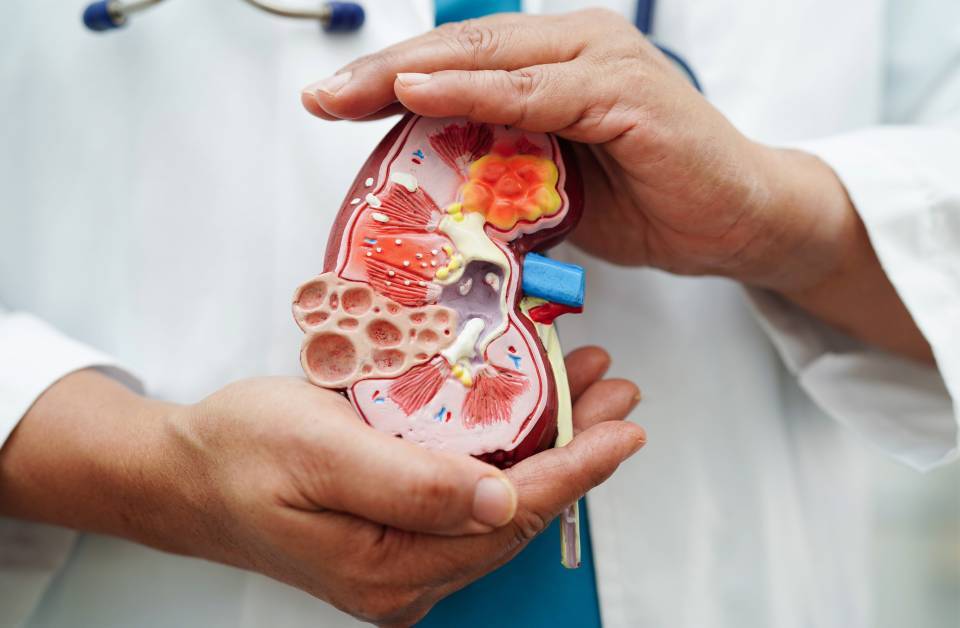Unhealthy habits are very common, for example smoking and consuming toxic substances such as alcohol and ultra-processed foods that have high sugar, refined flour and saturated fat contents. Although these foods are very tasty, they have little nutritional value. Good nutrition is important in a healthy lifestyle and protecting your mental health.
If you want to look after yourself, you must follow a healthy diet, do frequent physical activity and sleep at least 7 hours a day.
In addition, it is believed that contact with nature also helps maintain a healthy mind. Taking a walk in the forest, through a park or at the beach at least once or twice a week is recommended. Being close to such natural environments improves overall and mental health and helps keep stress levels down.
Regarding food, here are 10 tips from the IDIBAPS-CIBERSAM guide based on current scientific evidence:
-
Eat dinner early
Whenever possible, have dinner when it is still daylight, at 7:00 pm in winter and at 8:00 pm in summer. Having dinner at 10:00 pm is not recommended.
-
Have a light dinner
Make sure your dinners contain vegetables, healthy fats and carbohydrates from vegetables, roots and tubers, such as carrots, beetroot, sweet potatoes, potatoes, broccoli, onions, etc.
-
Include vegetables in all your three main daily meals
A lot of people only eat vegetables once per day, and often only as a garnish. To improve health, at least 50% of the plate should be made up of vegetables and greens in all three of your daily meals.
-
Avoid pastries
This includes sweets, biscuits, cakes, and chocolate. They are bad due to excess sugar, low quality fat content and refined flours. The combination of all these factors increases the risk of diabetes, and cardiovascular, inflammatory and degenerative diseases.
-
Increase consumption of healthy fats
Try to introduce healthy fats into your daily meals through foods such as: organic eggs, avocados, blue fish, nuts, seeds (sunflower, pumpkin, flax, chia, sesame, etc.), butter from pasture cows, first cold pressed olive, coconut and sunflower oils, etc.
-
Eat foods rich in probiotics
An example of a probiotic is fermented foods such as unpasteurised apple cider vinegar, miso, tamari, fresh sauerkraut, goat or sheep kefir or water kefir, kombucha tea, etc.
-
Eat foods rich in fibre every day
Foods that are rich in fibre or prebiotics feed the bacteria in your gut and ensure proper intestinal transit. Vegetables and greens, seeds such as flax or chia, cooked and then cooled potatoes, etc. are included in this group.
-
Fill your pantry with aromatic herbs and spices
The more the merrier, both fresh and dried. They can be used in stews, salads, creams, sauces, meats, fish, etc. They will improve the flavour and richness of your meals.
-
Choose small wild blue fish
Examples include sardines, anchovies, mackerel, horse mackerel and Albacore tuna.
-
Eat 100% whole wheat bread
If you eat bread, eat bread that is preferably made with 100% whole wheat flour and cereals such as khorasan, small spelt or buckwheat. If you can find it, slow fermentation bread made with sourdough. Try not to consume bread every day and always in small amounts.
All these tips are part of the “Healthy nutrition. A Guide for Psychiatrists and Their Patients” guide that has reviewed existing scientific evidence related to healthy eating and which also contains simple and affordable recipes. The guide has been drafted in collaboration with health science professionals specialised in psychiatry, medicine and nutrition and editors such as Dr Miquel Bernardo, an expert in schizophrenia at the Psychiatry Service of the Hospital Clínic.
Author: Dr Miquel Bernardo, Psychiatry Service, Schizophrenia Unit of the Hospital Clínic de Barcelona.




